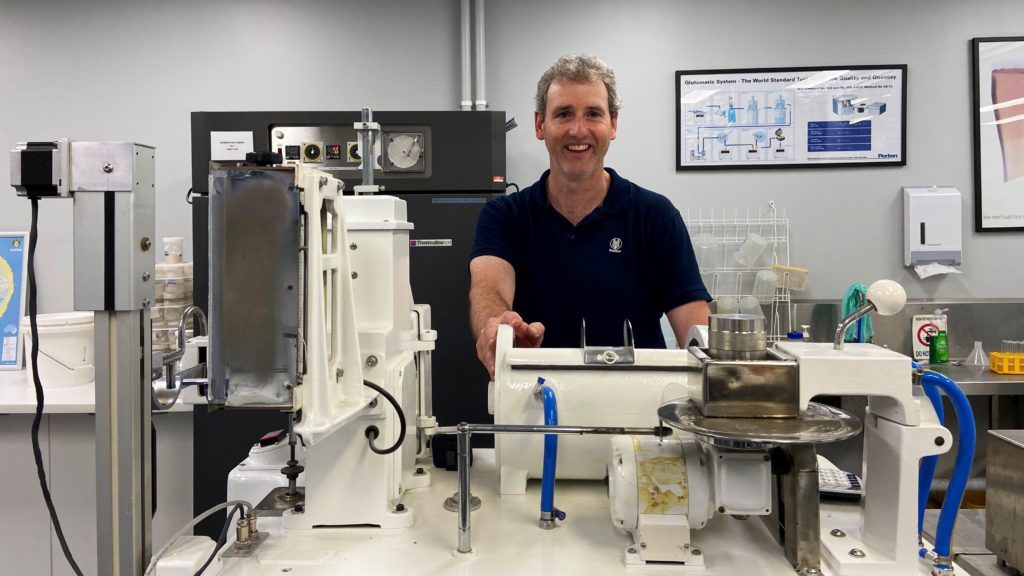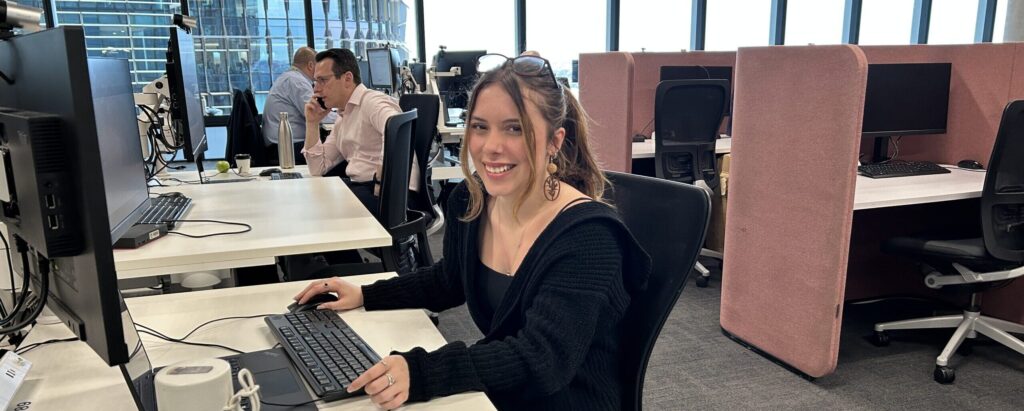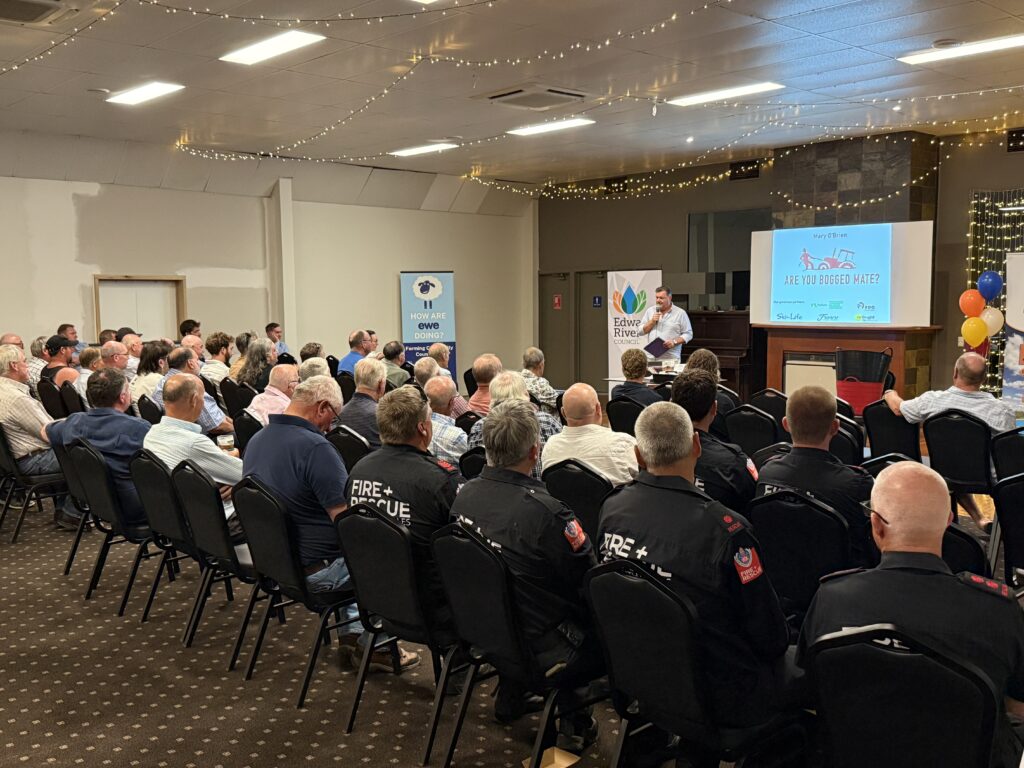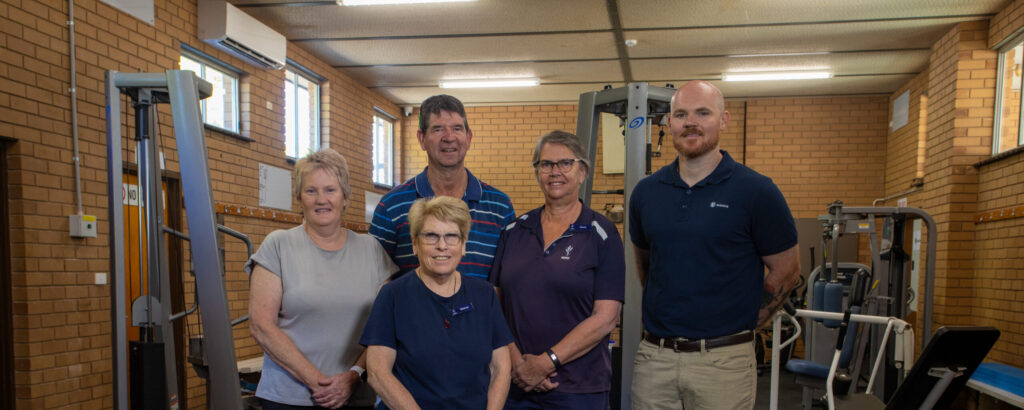One day it’s a noodle factory; the next, a bakery.
Nestled on the ground floor of GrainCorp’s Toowoomba office, in Queensland, is a sophisticated testing facility that looks like a small commercial bakery or chef’s kitchen.
Step inside and you’ll find Technical Miller, Andrew Roche, preparing the test milling, physical dough testing and end-product testing of the nation’s crop.
Andrew puts grain through the mill – literally – to measure its performance.
He then provides that critical technical information to global buyers, via the GrainCorp Australian Crop Report, so they can set up their large commercial mills and bakeries to use Australian grain.
Andrew’s equipment includes a noodle testing facility for Japanese ramen noodle making and a test bakery facility, backed up by a National Association of Testing Authorities (NATA)-accredited wheat lab.
Together, these pieces of equipment are crucial to testing and validating Australian Prime Hard wheat (APHW) quality.
“Our testing equipment provides all the quality data on wheat and flour required by our export customers, both internally, for our own traders, and externally for other domestic businesses,” Andrew explains.
“We receive all the port zone composite wheat grade samples from across the country, perform an extensive range of testing on them, and report the data, so customers can make an informed choice about their purchase.
“The milling results and flour-quality assessment should always fall within an acceptable range for each grade of wheat.”

Some of Andrew’s key measurements for flour-quality assessments include protein, moisture, gluten levels and colour.
“Basically, customers want to know how the wheat will perform as flour – whether that’s for straight, rapid or sponge and dough baking, or even Arabic flatbread baking,” Andrew explains.
“I then feed that information back to them via the Crop Report.”
Evidently, GrainCorp’s testing laboratory and milling facility is a crucial link in taking Australia’s cereal grains to world markets.



